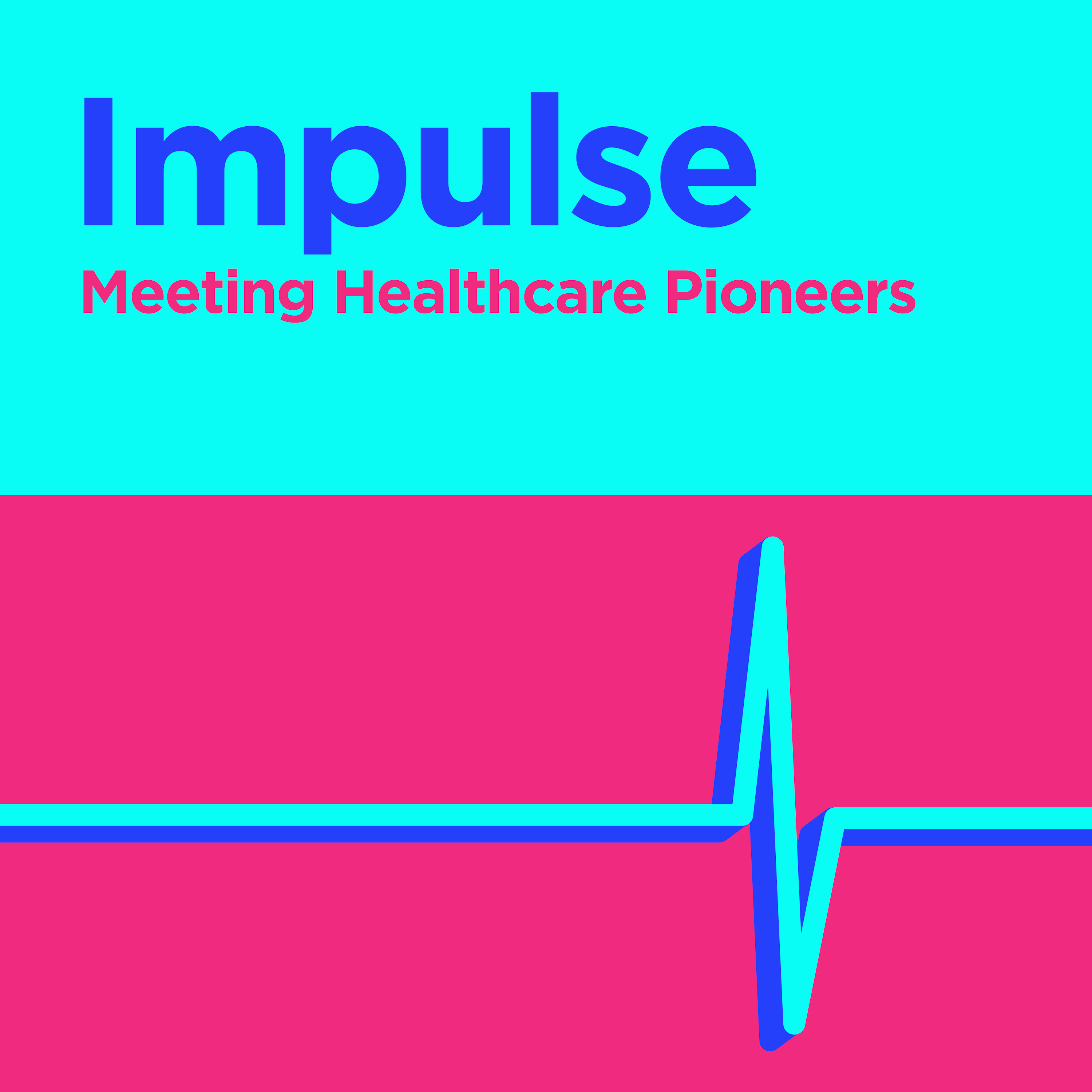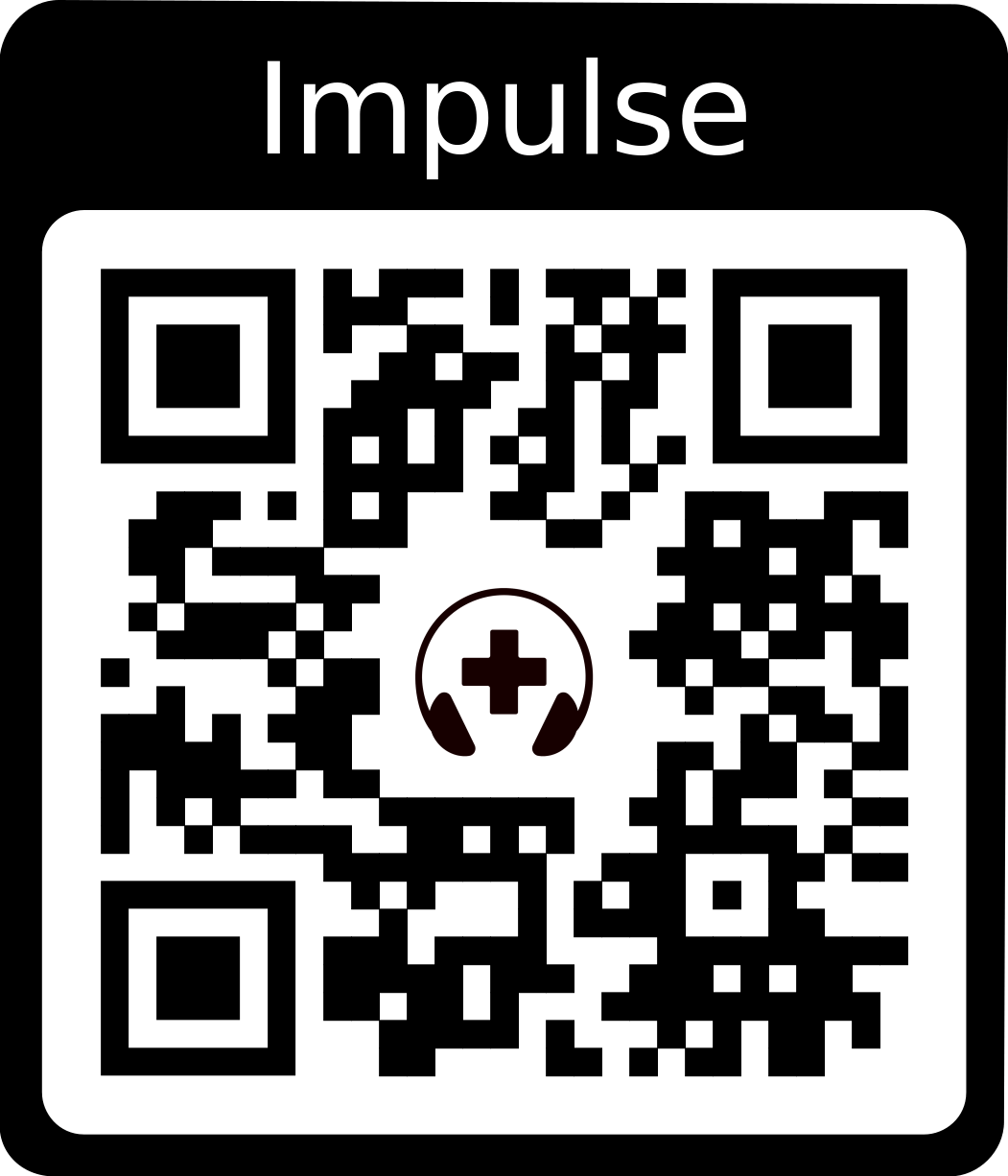#22 – Harnessing self-driving technology to guide the visually impaired – Maël Fabien – Biped.ai
Given the rapid progress made in this field in recent years, autonomous vehicles could soon become part of our daily lives, bringing with them all the consequences and questions they raise in terms of modern mobility.
This would benefit people with visual impairments who are unable to drive.
However, it wouldn’t necessarily assist them in their pedestrian moves, which will always play a significant role in their daily lives.
Maël Fabien became aware of the lack of available solutions in this regard during a walk in town. He noticed a visually impaired person video calling a friend, who was guiding her through his voice based on the video she was sharing.
As a result, he took inspiration from the latest advances in autonomous vehicles to create a harness capable of continuously analyzing the pedestrian environment, and safely guiding its users in all their movements.
From there, Biped was born, a device that promises to improve the life of the 270 million visually impaired people worldwide, by providing them with a much more accurate and secure perception of their environment than traditional solutions.
In this surprising episode, you will learn about:
- The daily life of a visually impaired person and its impact on mobility
- How Biped was developed in close collaboration with its end users
- Some key concepts of autonomous mobility and the sensors that constitute it
- How Biped translates the user’s 3D environment into audio cues for guidance
- The potential applications of Biped beyond ophthalmology
An outlook on the future of mobility and what it might change for those with limited vision!
Timeline:
- 02:01 – Maël’s interests at the interface of economics and speech processing
- 04:07 – Addressing the need for 270 million visually impaired
- 07:50 – What Biped is about
- 15:32 – How Biped reads and translates the environment of the user
- 22:30 – How users are trained on the system
- 24:14 – The spectrum of visually impaired people that Biped serves
- 30:08 – The underlying business model
- 32:19 – Potential applications beyond ophthalmology
- 34:58 – What users say about it
- 39:09 – Maël’s definition of impact
What we talked also talked about with Maël:
- Idiap Research Institute
- Mobility training
- Lidar
- Bone conduction headphones
- Jules Gonin Eye Hospital
- Glaucoma
- Retinitis Pigmentosa
- Macular Degeneration
- Cochlear Implants
You can learn more about Biped.ai through their website.
Feel free to follow as well their activities on LinkedIn!
As mentioned by Maël during the episode, you can find out more about the latest advances in autonomous driving and related AI through Tesla’s yearly AI Day (2022 recording here). He also recommends The Blind Life YouTube channel to understand how it feels to be in the shoes of a visually impaired person. If you want to learn more about Maël and his other endeavors besides Biped.ai, have a look at his blog!
If you want to get in touch with Maël, feel free to contact him over LinkedIn.
If you want to give me feedback on the episode or suggest potential guests, you can contact me over LinkedIn or via email at mathieu@impulsepodcast.com!
If you liked the episode, please share it, subscribe to the podcast, and leave a 5-star review on streaming platforms!
And don’t forget to follow our activities on LinkedIn and through our website!

































